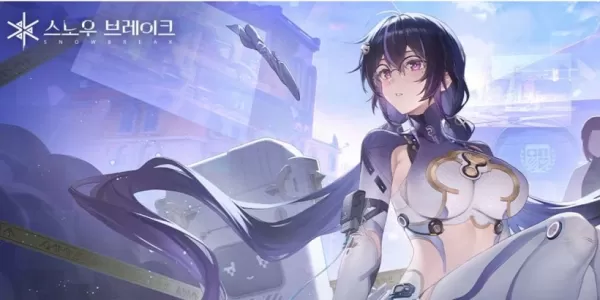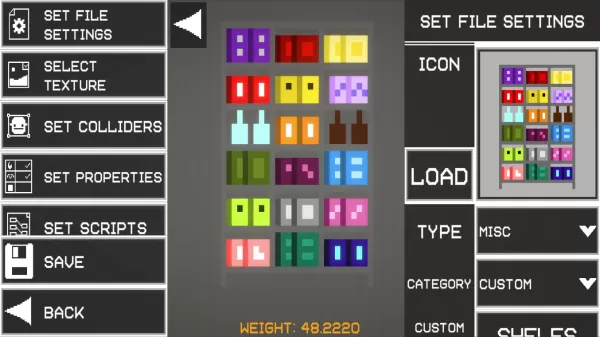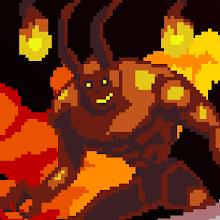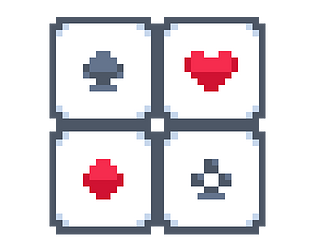The God of War series has become an iconic staple across four generations of PlayStation consoles. When Kratos embarked on his vengeance-fueled journey to become the new god of war in 2005, few could have predicted where the fiery deity destroyer would be two decades later. Unlike other long-running franchises that have struggled to remain relevant, God of War has thrived through its willingness to evolve. The most pivotal shift occurred with the 2018 reboot, which transplanted Kratos from Ancient Greece into the realm of Norse mythology, significantly altering both the series' presentation and gameplay. Yet, even before this acclaimed transformation, Sony Santa Monica had introduced several smaller, yet impactful, changes that ensured the series' longevity.
For God of War to maintain its success in the future, reinvention will remain crucial. The move to a Norse setting prompted director Cory Barlog to express his desire to explore settings like the Egyptian and Mayan eras. Recent rumors have reignited speculation about an Egyptian backdrop, which is understandable given the allure of Ancient Egypt's unique culture and rich mythology. However, a new setting is just the beginning; the next God of War must reinvent itself as effectively as it did when transitioning from the Greek trilogy to the Norse saga, enhancing and evolving what has worked well.
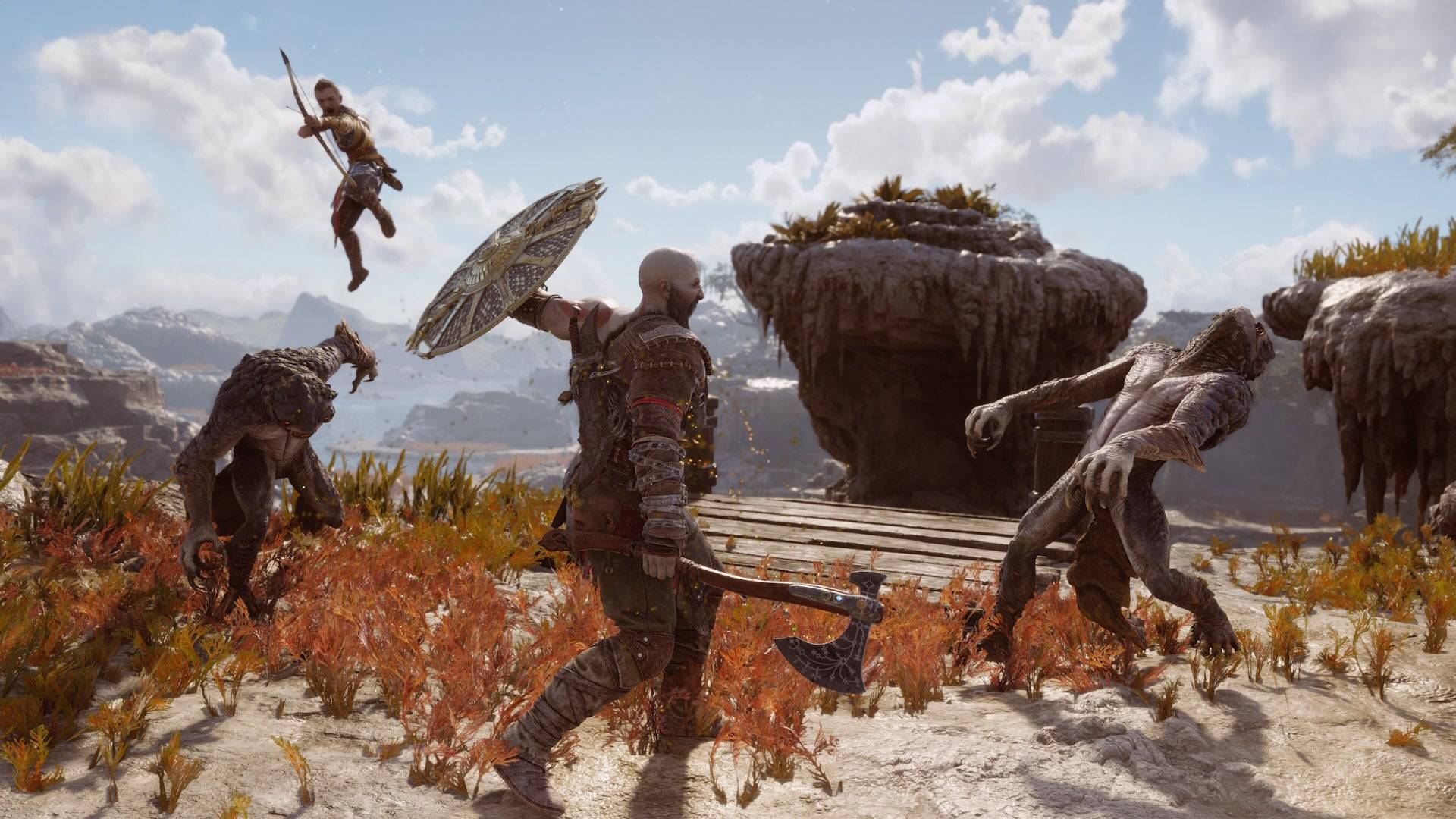
God of War's combat evolved significantly for the Norse games, yet remained true to the intense spirit of the original Greek trilogy. | Image credit: SonyThe series has consistently embraced change from one installment to the next. The original Greek games evolved over a decade, refining their hack-and-slash gameplay to a polished finish by the release of God of War 3. Kratos gained access to an enhanced magic system that complemented the rhythm of melee combat, facing increasingly diverse and challenging enemies. The final chapter on the PlayStation 3 utilized the console's power to offer new camera angles, enhancing the graphical prowess of the time.
The 2018 reboot saw the loss of many elements that defined the original games. The Greek trilogy featured substantial platforming and puzzle-solving elements, which were largely omitted from the Norse games due to changes in camera perspective. The puzzles persisted but were adapted to fit the new adventure-focused design.
With the Valhalla DLC for God of War Ragnarök, the series revisited its Greek roots both mechanically and narratively. The roguelike format brought back the battle arenas, a beloved feature from the original series, adapted for the Norse setting. This mechanical return was echoed in the story, as Kratos confronted his past under the guidance of Týr, the Norse god of war. This full-circle moment highlighted the series' ability to blend old and new.
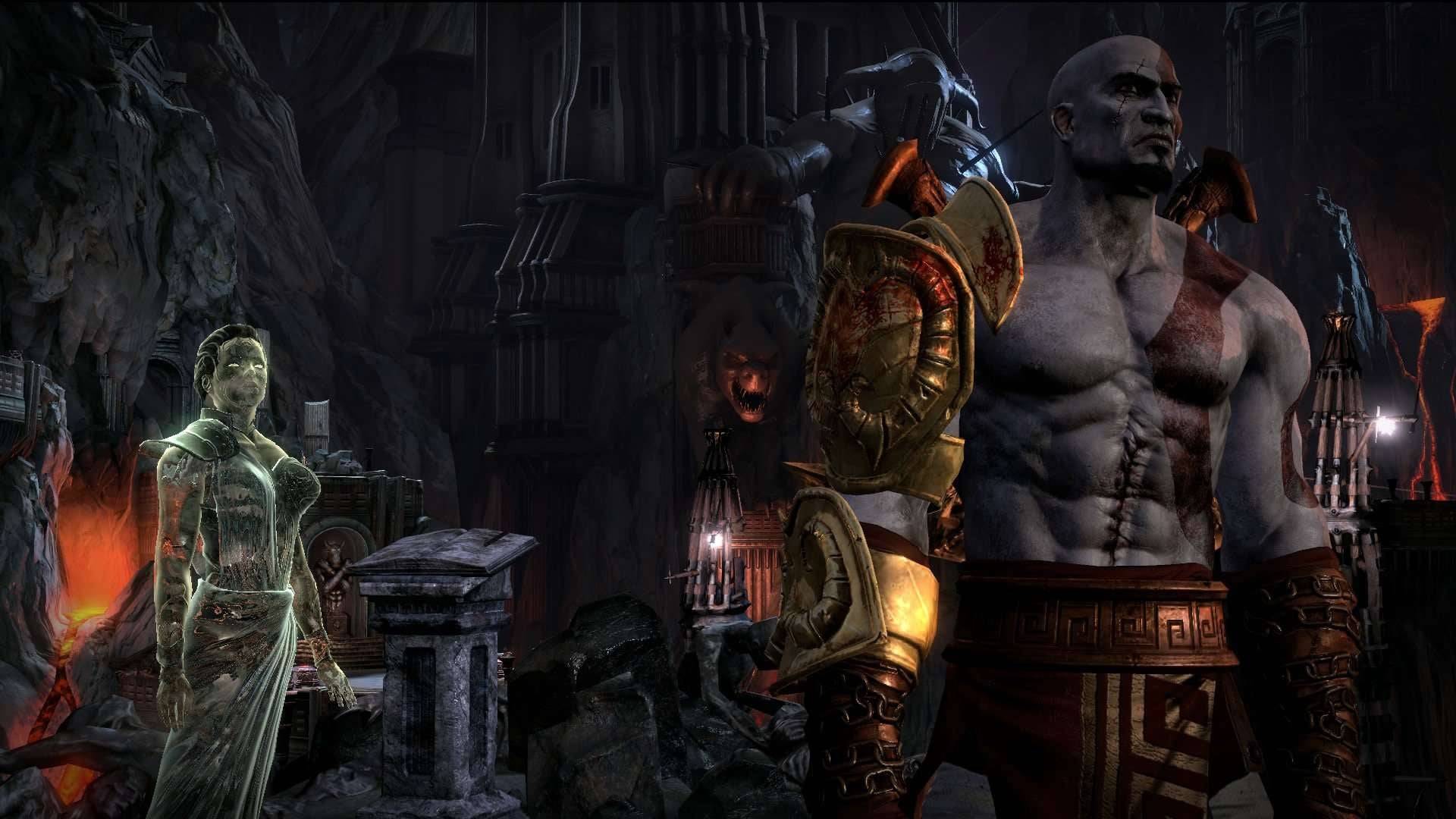
While the original trilogy had solid writing, the Norse duology elevated God of War's narrative to new heights. | Image credit: SonyThe Norse era of God of War is not merely a rehash of past ideas but includes numerous innovations. The unique throwing mechanics of the Leviathan Axe, a combat-defining parry system utilizing various shield types, and the introduction of a magical spear in Ragnarök for faster, explosive attacks are just a few examples. These elements enhance the player's journey across the Nine Realms, each with distinct enemies, visuals, and characteristics.
The most striking evolution between the original trilogy and the Norse duology is in the storytelling approach. The Norse games delve into Kratos' emotional journey, highlighting his grief over his deceased wife and his complex relationship with his son, Atreus. This emotional depth and the revelation of hidden truths about both characters stand in stark contrast to the more straightforward narrative of the Greek trilogy. This shift to a more emotive storytelling style has been instrumental in the Norse era's critical and commercial success.
God of War's radical shifts in both mechanics and narrative are a testament to a unique approach to franchise development. The creators view the Norse games not as traditional sequels but as extensions of Kratos' journey. This perspective should be central to any future installments.
The contrasting experiences of Assassin’s Creed illustrate that significant reinvention alone does not guarantee success. Since its shift to an open-world RPG format with Assassin’s Creed Origins, the series has struggled to maintain its connection to the foundational Assassin’s guild lore. The narrative has drifted away from its roots, leading to a more divisive reception among fans. However, efforts like 2023’s Assassin’s Creed Mirage, a soft reboot returning to the series' Middle Eastern roots, and the upcoming Assassin’s Creed Shadows, which emphasizes stealth, show attempts to reconnect with the series' original gameplay and identity.
God of War has navigated these challenges adeptly. While the Norse series represents a radical departure, it never lost sight of what made Kratos compelling and the series' mechanical foundation. It built upon the core of the Greek trilogy—its relentless combat—and enhanced it with new features like Spartan Rage options, varied weapons, and diverse combat scenarios. These additions deepened the lore and maintained a clear identity, a strategy that any future setting, whether in Egypt or elsewhere, must continue to uphold.
Regardless of whether the Egyptian setting rumors hold true, the next God of War must ensure its evolutionary changes preserve the elements that have made the series successful. In 2018, the focus was on combat, but future games will be judged by their storytelling, the true strength of the Norse duology. Kratos' transformation from a rage-driven monster to a complex father and leader underscores the importance of narrative in the series' recent success. The next installment must build on this strength while introducing bold new changes, aiming to be the pinnacle achievement of God of War's next era.



 LATEST ARTICLES
LATEST ARTICLES 